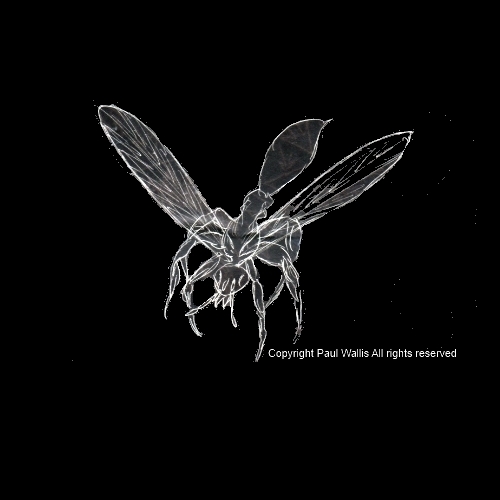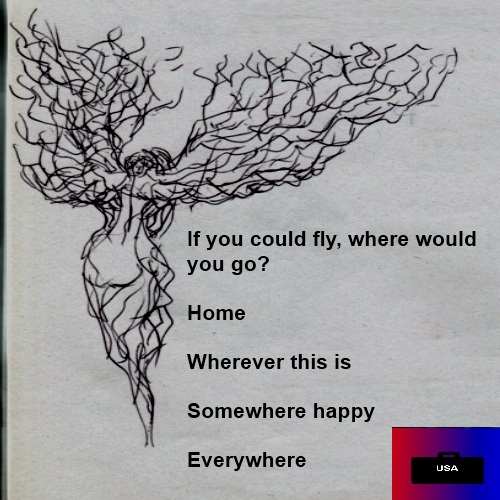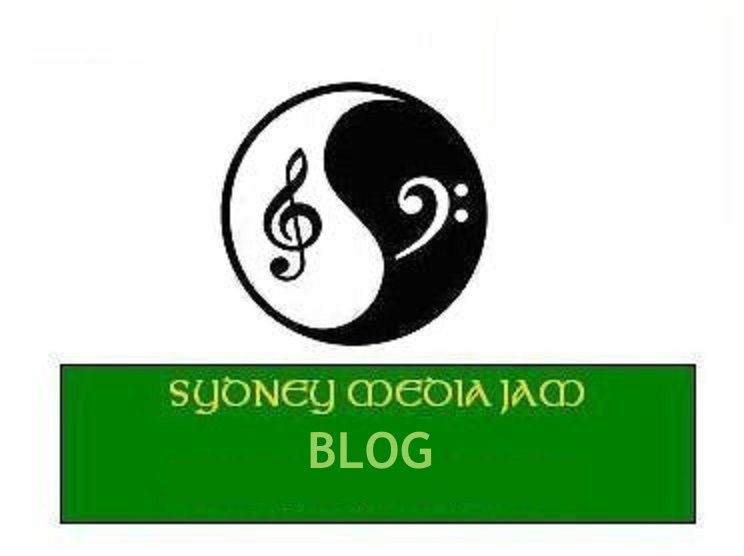
The idea of custom AI is pretty much inevitable. AI is a tool. It’s used for individual purposes. I’ve been muttering about this in general terms for a while, but Google’s MusicLM has turned that into a functional idea.

I basically tripped over the practical applications. Being the sort of person who would inflict music on defenceless people, this made instant sense. I could see how to use this AI myself, rather than in abstract.
Of course, there’s also ChatGPT/OpenAI, which I don’t find much more than a package of existing tech with AI attached. That, as I have now seen for myself, is actually pretty good basic ecology for a screenplay. The writing is clean and “unembroidered”.
…Which leads us not all that elegantly into a simple fact – Custom AI will be a collection of user idiosyncrasies. It can organize itself to a point. The likelihood of system clutter is high, even with the processor power and memory requirements up to speed.
The problem here is that if you have multiple projects, in whatever degree of development, (who doesn’t?) you’ll have a dog’s breakfast of clutter to go with it. This is where MusicLM comes back in as an excellent working example.
Nobody creates music in an organized way. The Big Blue Sky is vast. A description of what you want to hear might be ballpark, but you’ll have to tinker with it. That faces you with a few issues:
- What software can you tack on to MusicLM?
- Can you actually edit this stuff?
- Do you use bits of your own stuff and MusicLM glued together?
- The obvious option, overlay over the AI music, can be tricky; how much signal are you dealing with, and how do you balance so it’s all audible.
- How good is your mixer? Digital mixing is incredibly easy, but not always up to expectations and practical applications.
- What about musical context, key changes, etc.?
- Can you actually write this music, and use a written form of MusicLM in a score?
This is a little unfair. MusicLM is very obviously in a fetal stage of development. Other musical AI will inevitably arise. MusicLM is the Fairlight of this tech; it’s a first stage. That line of argument also applies to other creative AI tools. A standardized workspace is required.
It particularly applies to OpenAI. No AI could possibly be neurotic enough to be a “writer” in the same sense as a person. Creativity is idiosyncrasy incarnate. The possibilities for clutter, however, are equally tough:
How do you steer the storyline? Can you add enough grit to it? Ironically, one issue with OpenAI is that the very clean writing is almost entirely A to B. The same applies to MusicLM to some degree; a description is its own definition…and limitation.
The answer? More customization. Nobody in any creative medium works without it. A paintbrush may be modified. A musical instrument will become a unique instrument. A story will become a standalone.
Custom AI needs to be as flexible as possible. It needs to be able to deal with as many inputs as required. This has to be open-ended, with no real limits to what can be added to a creative project. There should be no restrictions on what can be used.
This means adapting creative AI to a truly vague environment. Artistic AI can paint anything; but can it do Dada with mixed media? Probably, but you’d have to prove it.
Let’s also remember that creative AI is working with the past. It has learned, but it hasn’t invented for itself. That’d be an interesting machine learning exercise; the process of invention, documented, at least to basic levels.
In the depthless deserts of modern creative media, that could help. People could learn from the AI to avoid such utter tat.
…Which leads me to a point I am prepared to drive home with a sledgehammer:
People should be learning as much as possible from AI.
One of the descriptions used on MusicLM is “passionate”. A piece of music was generated on that basis. What was the logic? That question alone deserves answering.
There are no lecterns here. Pedagogues are not in demand. There cannot be “assumed knowledge” in this environment. That obscene expression has a lot to answer for and payment is now due.
The best teachers learn from teaching. Their students teach them. Why should this be the exception?
